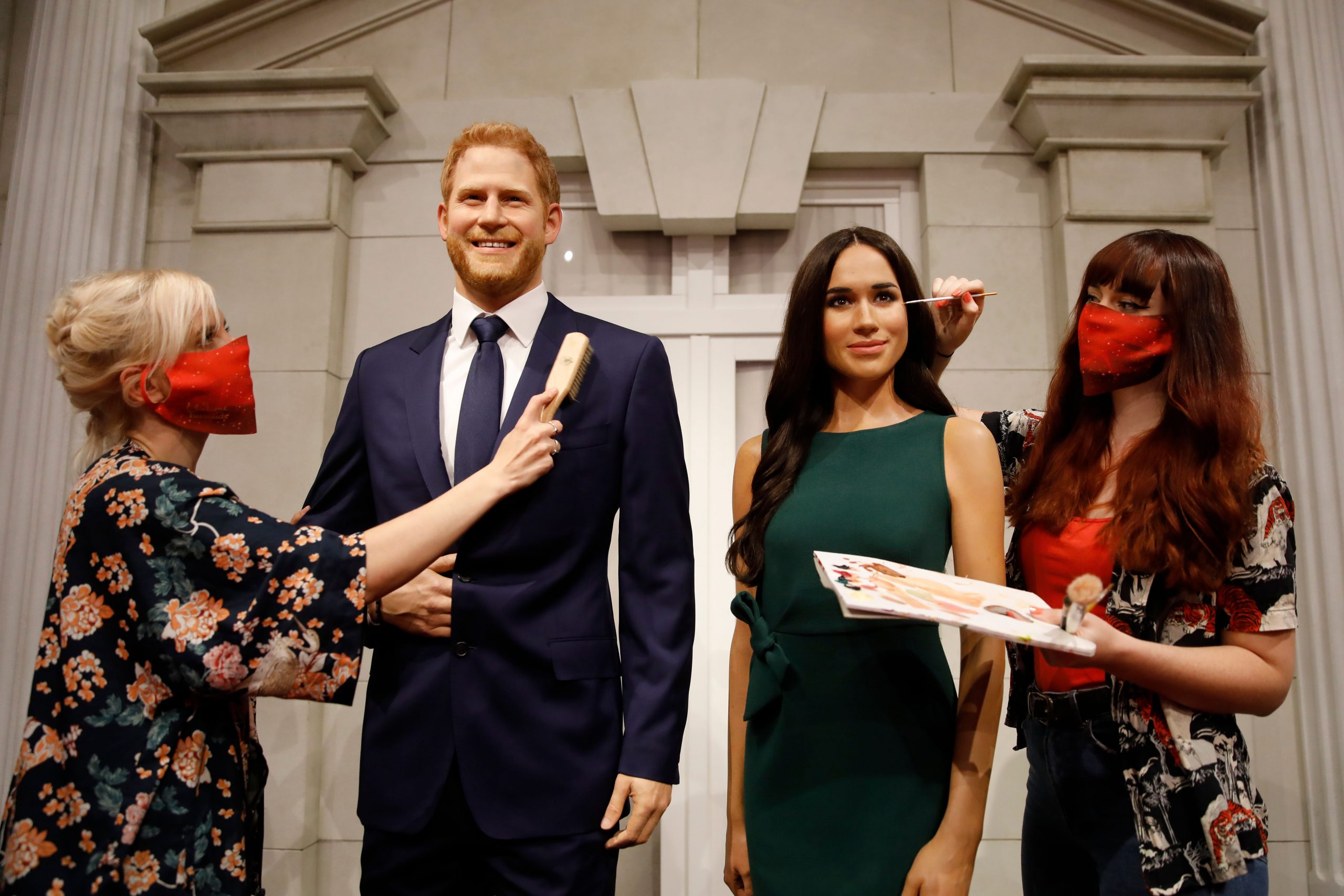
Yesterday (1 October), the Duke and Duchess of Sussex made another “rare public intervention”, which I think is the third such intervention in around a fortnight. Describing Harry and Meghan’s interventions as “rare” is like talking about Nigel Farage making a “rare appearance on Question Time“. The couple, who swapped their royal duties for becoming part of the Hollywood elite, shared their views on the situation in their former home of Britain from their lavish California mansion.
This time, their intervention, at the start of Black History Month, was about what they defined as “structural racism” in the UK. The issues they raise are hugely important, but the manner of their increasingly regular commentary about the UK, after having abandoned the country and their duties to it, can’t help but stick in the craw.



